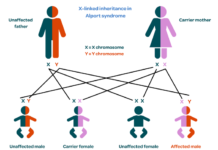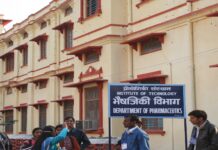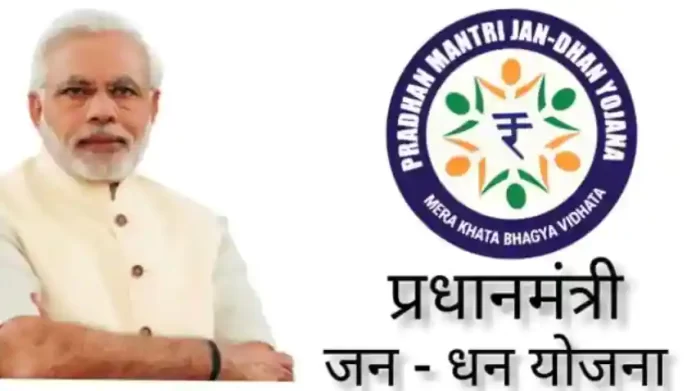Pradhan Mantri Jan Dhan Yojana:
A financial inclusion programme called Pradhan Mantri Jan Dhan Yojana (PMJDY) was introduced by the Indian government in 2014. All households in the nation, especially those in rural areas who were previously shut out of the formal banking system, are to receive basic financial services as a result of this programme. The program’s goal is to offer every citizen of the nation access to financial services like a bank account, debit card, and insurance coverage. We’ll talk about PMJDY’s main attributes and how they affect the general public’s access to financial services in this blog article.
Aspects of PMJDY:
Lack of a minimum balance requirement: One of PMJDY’s primary characteristics is the absence of a minimum balance requirement for the account. This implies that under this plan, anyone can open a bank account, even those who are unable to keep a minimal amount in their accounts.
Overdraft facility: PMJDY also offers account holders an overdraft facility of up to Rs. 10,000. Account holders with a sufficient six-month transaction history are eligible for this programme.
Simple account opening: In order to make it simpler for consumers to open accounts, PMJDY has simplified the account opening procedure. Account opening forms can be completed online or at the nearby bank office, and identification cards like the Aadhaar card and PAN card are not required.
Insurance: PMJDY further offers insurance to account holders. The account holder is given a Rs. 2 lakh insurance policy in the event of accidental death or incapacity.
Mobile banking: PMJDY also offers account users mobile banking options. This enables account holders to use their mobile phones to check their account balance, transfer money, and pay bills.
Effects of PMJDY:
Financial inclusion: PMJDY was able to accomplish its goal of financial inclusion. More than 42 crore bank accounts have been opened under PMJDY as of March 2021, according to a report from the Ministry of Finance. As a result, more people who weren’t previously banked with have now joined the system.
Promotion of the government’s Direct Benefit Transfer (DBT) programme has also been assisted by PMJDY. The DBT programme intends to transfer subsidies and welfare benefits directly to recipients’ bank accounts, eliminating leakages and guaranteeing that the benefits are received by the intended recipients.
Savings advice: PMJDY has also offered financial advice. The availability of banking services has made it possible for people to save money in their bank accounts, which was previously impossible.
Women’s emancipation: PMJDY has also been crucial in emancipating women. According to the plan, banks must provide each account holder with a RuPay debit card that can be used to make purchases and withdraw cash. Women now have more financial freedom and are no longer as dependent on male family members.
Conclusion:
For the general public’s financial inclusion, PMJDY has been a game-changer. The programme has encouraged saving and assisted in bringing the unbanked population into the established banking system. It has also aided in the empowerment of women and the promotion of the government’s DBT programme. The government must keep working to make sure that everyone in the nation has access to fundamental banking services because there is still a long way to go in reaching universal financial inclusion.









































